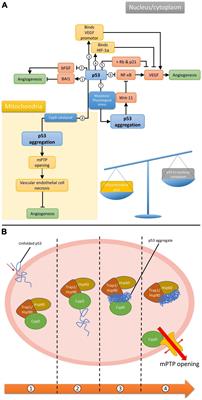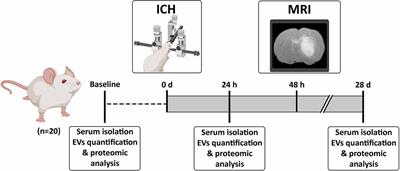MINI REVIEW
Published on 18 Jul 2023
Potential enhancement of post-stroke angiogenic response by targeting the oligomeric aggregation of p53 protein

doi 10.3389/fncel.2023.1193362
- 2,616 views
- 1 citation
2,287
Total downloads
9,060
Total views and downloads
You will be redirected to our submission process.
MINI REVIEW
Published on 18 Jul 2023

ORIGINAL RESEARCH
Published on 06 Mar 2023

ORIGINAL RESEARCH
Published on 19 Jan 2023

